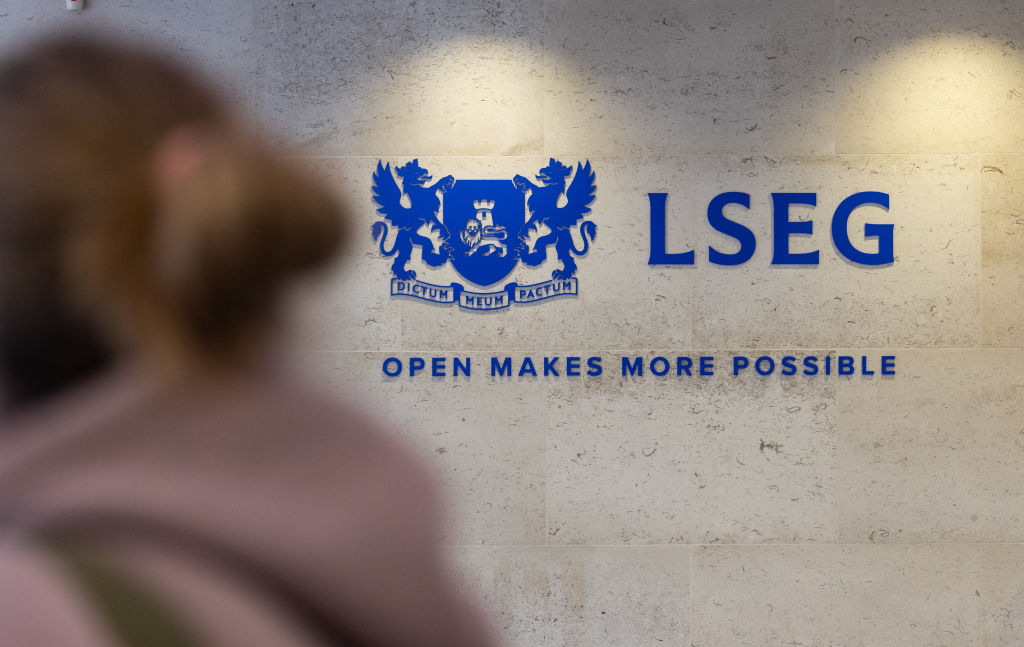The Financial Times published an intriguing report over the weekend that says the London Stock Exchange Group is poised to stand up a new trading market that will let users swap tokenized version of stock. The head of the exchange’s capital markets group, Murray Roos, says this came about after the group studied the possibility of a blockchain-based trading venue for a year and concluded the technology had reached an “inflection point.”
The new service will not involve cryptocurrencies but rather will see the LSE offer digital equities, and use a “public blockchain”—presumably Ethereum—to streamline the cumbersome process of arranging and settling stock trades. At the outset, Roos said the new LSE unit will not compete with its traditional counterpart but focus instead on more exotic global transactions. Per the FT:
He offered as an example a transaction involving a Swiss buyer, Japanese asset and American seller which would be “very difficult” to do with older technology but could be easily accomplished in a digital world if LSE can get buy-in from multiple regulators.
Roos said the digital business was likely to focus on private markets initially since activity there was particularly cumbersome and opaque. Once LSEG has proved the model there, it will expand it to other assets.
This is potentially a big deal for the crypto industry since it would validate a broad, real-world application of blockchain technology and, if it pans out, could lead other major exchanges to follow suit. It would also be a matter of common sense. If you ever dig into the underlying mechanics of stock exchanges, you’ll discover a creaky multistep process of ordering, clearing, and settling—one that led to some high-profile meltdowns during the meme-stock craze, and that would benefit enormously from newer technology like blockchain.
But even if the idea sounds grand in practice, it is hardly a new one. Banks and exchanges have been tinkering with “tokenization” of real-world assets since at least 2016, but, for whatever reason, these experiments never seem to make it beyond the pilot project phase. The LSE may well be the first to crack the code, but until you can buy shares of Apple or Amazon or another major stock on the blockchain, don’t get your hopes up this is a tipping point for real world blockchain use.
Jeff John Roberts
jeff.roberts@fortune.com
@jeffjohnroberts
DECENTRALIZED NEWS
A popular analyst predicts Bitcoin will continue to scuffle in September, historically a weak month, and could drop as low as $23,000. (FXStreet)
Ripple asked the federal judge overseeing its dispute with the SEC to refuse the agency's request to appeal a portion of her recent decision that said XRP sold to the public is not a security. (Bloomberg)
Hackers stole around $40 million from Stake, a crypto betting platform endorsed by rapper Drake. (Decrypt)
The market cap of Tether fell around 1% to just under $82 billion, while the overall stablecoin market shrank for the 17th month in a row. (Bloomberg)
Singapore's new president, whose role is mostly symbolic but has some policy influence, has previously called crypto "purely speculative" and "slightly crazy." (CoinDesk)
MEME O’ THE MOMENT
This is the web version of Fortune Crypto, a daily newsletter. Sign up here to get it delivered free to your inbox.














